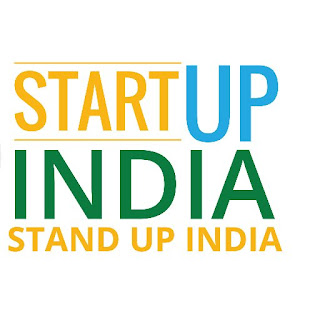A promoter considers a thought for setting-up a specific business at a given place and performs different conventions required for beginning an organization. A promoter might be an individual, firm, relationship of people or an organization. The people who help the promoter in finishing different lawful customs are proficient individuals like Counsels, Solicitors, Accountants and so on and not promoters.
“A promoter is the one, who undertakes to form a company with reference to a given object and sets it going and takes the necessary steps to accomplish that purpose.” —Justice C.J. Cokburn
“A promoter is the person conscious of the possibility of transforming an idea into a business capable of yielding a profit; who brings together various persons concerned and who finally, superintendents the various steps necessary to bring the new business into existence.” —Arthur Dewing
CHARACTERISTICS OF A PROMOTER
- A promoter conceives an idea for the setting-up a business.
- He makes preliminary investigations and ensures about the future prospects of the business.
- He brings together various persons who agree to associate with him and share the business responsibilities.
- He prepares various documents and gets the company incorporated.
- He raises the required finances and gets the company going.
KINDS OF PROMOTERS
PROFESSIONAL PROMOTERS
These are the people who represent considerable authority in advancement of organizations. They hand over the organizations to shareholders when the business begins. In India, there is absence of expert promoters. In numerous different nations, proficient promoters have assumed a vital part and pushed the business group, all things considered. In England, Issue Houses; In U.S.A., Investment Banks and in Germany, Joint Stock Banks have assumed the part of promoters apparently.
OCCASIONAL PROMOTERS
These promoters appreciate coasting a few organizations. They are not in advancement deal with a consistent premise but rather take up the advancement of some organization and after that go to their prior calling. For example, engineers, legal advisors, and so forth may glide a few organizations.
FINANCIAL PROMOTERS
Some budgetary organizations of lenders may take up the advancement of an organization. They for the most part take up this work when money related environment is ideal at the time.
LEGAL POSITION OF PROMOTER
The organizationof law has not given any legitimate status to promoters. A promoter is neither an operator nor a trustee of the organization since it is a non-substance before joining. Some legitimate cases have attempted to determine the status of a promoter. He remains in a guardian position.
The promoter shape and makes the organization and under his watch it appears. It is the obligation of the promoter to get greatest advantages for the organization. He ought not get mystery benefits from the organization. On the off chance that he offers his property to organization, then he ought to clarify his enthusiasm for such property.
Author: This blog is written by Ms. Ayushi Mishra, a passionate blogger & intern at Aapka Consultant.
OUR SERVICES
Visit: Aapka Consultant to get Online Services of CA CS & Lawyers.







